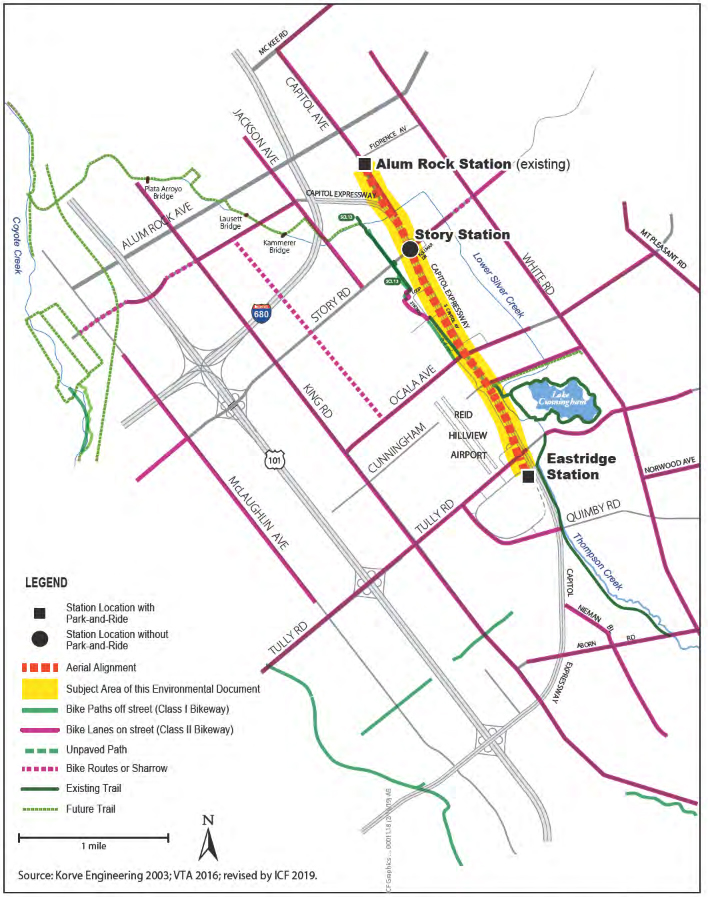
SAN JOSE, Calif. — The Santa Clara Valley Transportation Authority has awarded a contract for construction of a 2.4-mile extension of its light rail system in East San Jose, despite a contract more than one-third higher than the agency’s original estimate.
The VTA’s board last week unanimously approved the extension from the Alum Rock station to the Eastridge Transit Center, which will allow connection to the Milpitas station for Bay Area Rapid Transit. The San Jose Mercury News reports that, because of increased labor and material costs, the lowest bid fr the contract came in at $437 million, 38% than the agency’s estimate of $316 million. With money already spent, the total cost will be $653 million
The route is currently served by a bus that takes 11 minutes; the rail line will cut the travel time to less than five minutes.
Funding will include $313 million from a measure approved by voters; $130 million from a 2018 bridge toll increase, and $86 million in state funds, including $46 million awarded last year under the Transit and Intercity Rail Capital Program [see “State funds will allow San Jose light rail project to proceed,” Trains News Wire, April 25, 2023]. Agency reserve funds will cover the remainder.
A consortium of Sacramento-based MCM Construction and New York City-based RailWorks Corp. submitted the winning bid. They promised to cut a year off the original timeline, meaning service could begin in 2028.






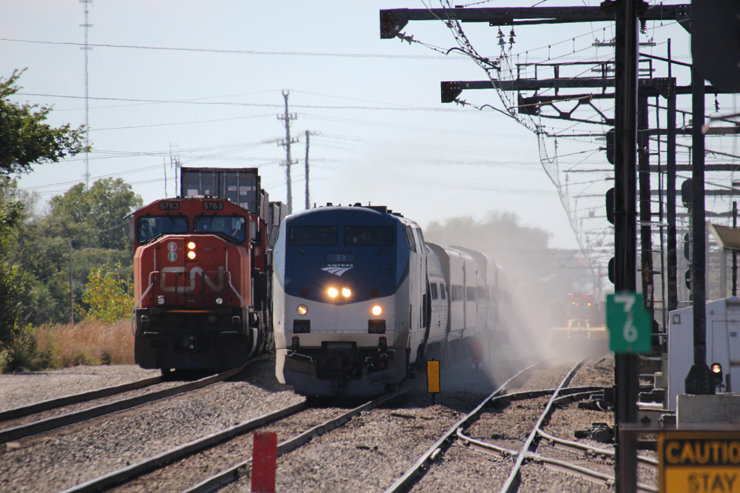
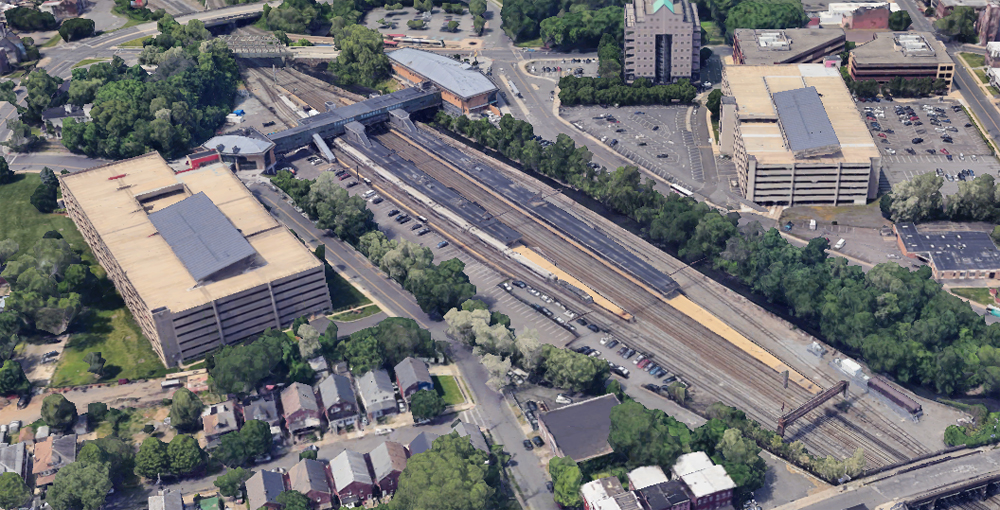
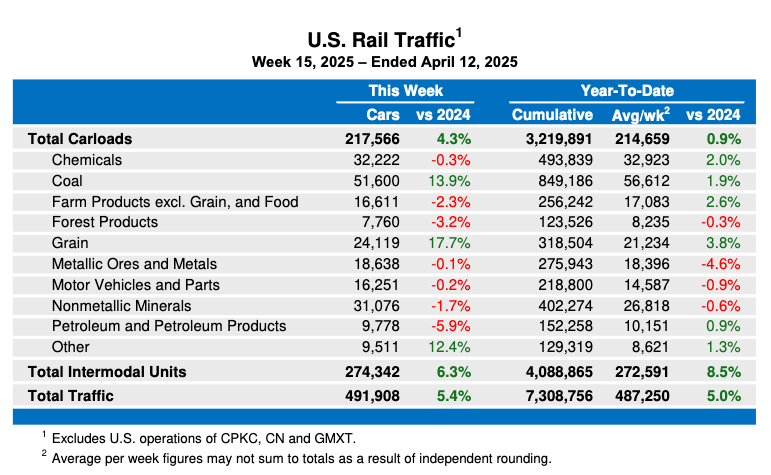
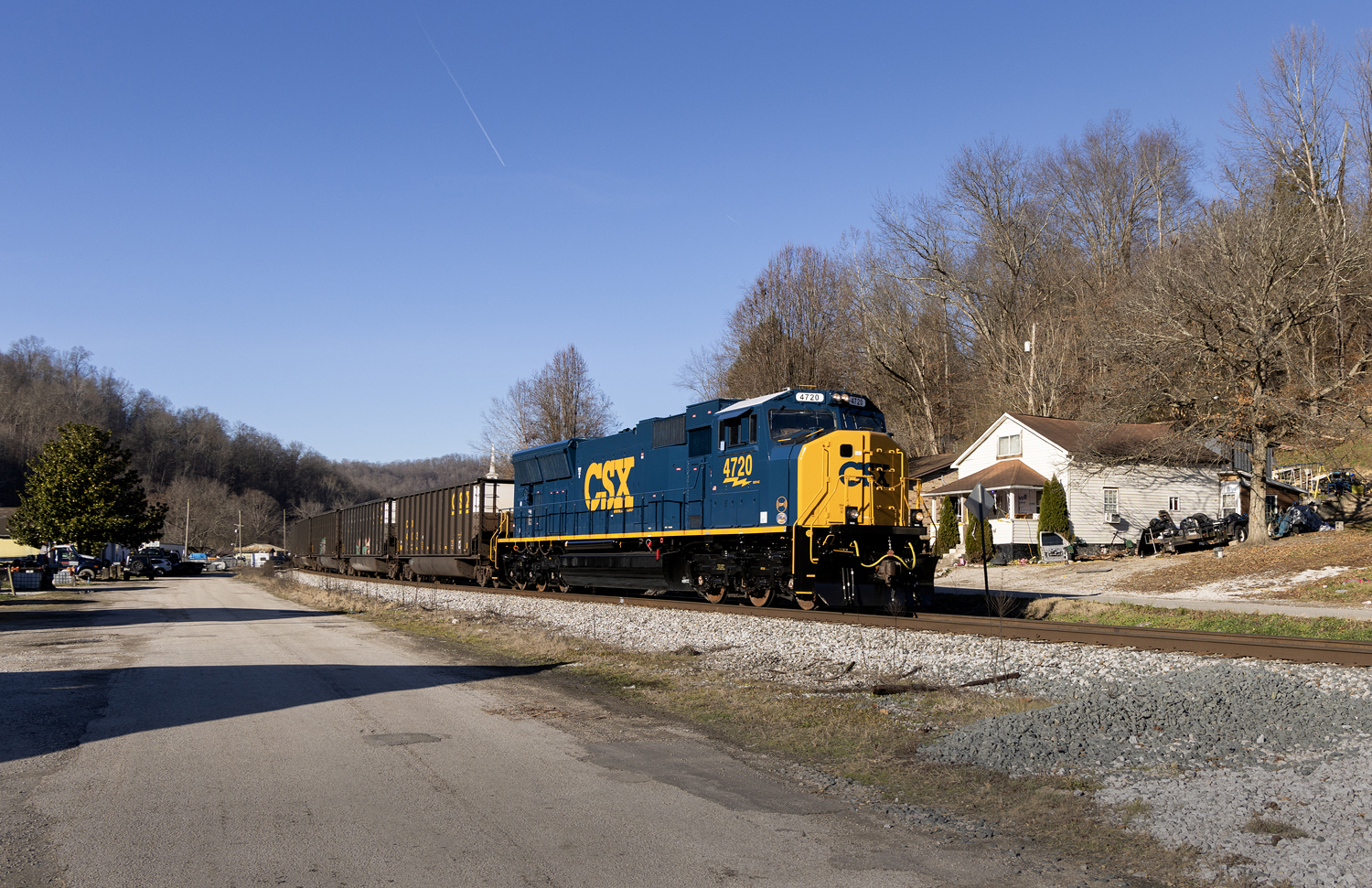




The News Wire summary is a little unclear about the nexus between BART and the Orange Line extension. What I think they’re trying to explain is that many VTA bus routes serving the east side of San Jose come together at Eastridge; with the extension, passengers can hop on the light rail there, go north to Milpitas and transfer to BART, if their destination is somewhere in the East Bay or San Francisco. That kind of trip will be a lot quicker.
VTA has a lot of plates spinning right now, and I imagine the board is eager to get going on this project (at least) before coming to grips with all its other service and finance issues.
$272 M’s per mile, it is what it is, things cost more these days.
At a 5% capital recovery, that’s 13.6 million dollars a year. PER MILE. Or about $62 K’s per weekday, PER MILE. I don’t know how many riders are projected so I don’t know what that comes down to per rider per mile. Just for capital recovery. There’s also daily operating costs PLUS a sinking fund for eventual repair and replacement. (The sinking fund is what everyone forgets. Bear in mind folks that repair/ replacement costs also are rising.)
Bottom line: People reading these pages support rail transit. As do I. Unfortunately, prices have gone up. And won’t stop going up.